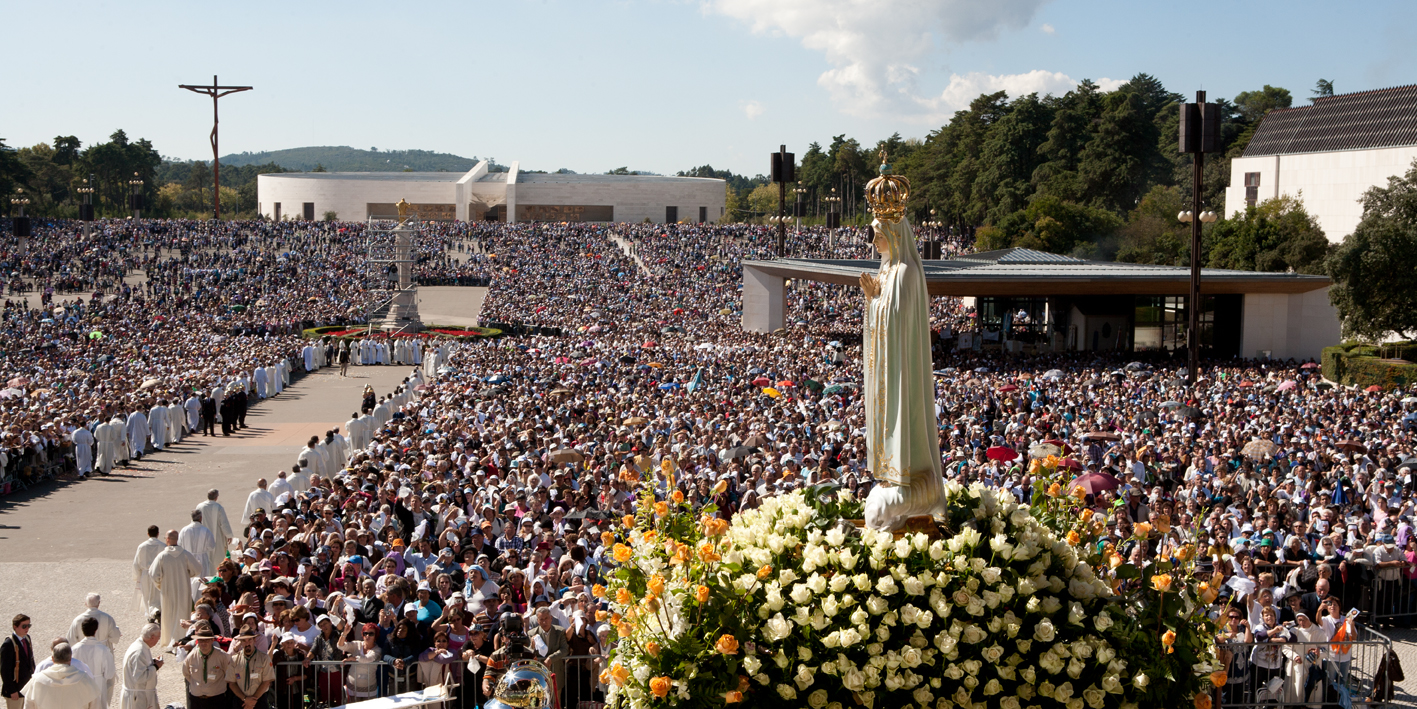
the Ottaviani Intervention
III
Presentation of the Ends
We now come to the ends of the Mass.
1. Ultimate End. This is that of the Sacrifice of praise to the Most Holy Trinity according to the explicit declaration of Christ in the primary purpose of His very Incarnation: "Coming into the world he saith: 'sacrifice and oblation thou wouldst not but a body thou hast fitted me' ". (Ps. XXXIX, 7-9 in Heb. X, 5).
This end has disappeared: from the Offertory, with the disappearance of the prayer "Suscipe, Sancta Trinitas", from the end of the Mass with the omission of the "Placet tibi Sancta Trinitas", and from the Preface, which on Sunday will no longer be that of the Most Holy Trinity, as this Preface will be reserved only to the Feast of the Trinity, and so in future will be heard but once a year.
2. Ordinary End. This is the propitiatory Sacrifice. It too has been deviated from; for instead of putting the stress on the remission of sins of the living and the dead, it lays emphasis on the nourishment and sanctification of those present (No. 54). Christ certainly instituted the Sacrament of the Last Supper putting Himself in the state of Victim in order that we might be united to Him in this state but his self- immolation precedes the eating of the Victim, and has an antecedent and full redemptive value (the application of the bloody immolation). This is borne out by the fact that the faithful present are not bound to communicate, sacramentally.
3. Immanent End. Whatever the nature of the Sacrifice, it is absolutely necessary that it be pleasing and acceptable to God. After the Fall no sacrifice can claim to be acceptable in its own right other than the Sacrifice of Christ. The Novus Ordo changes the nature of the offering turning it into a sort of exchange of gifts between man and God: man brings the bread, and God turns it into the "bread of life"; man brings the wine, and God turns it into a "spiritual drink".
"Thou are blessed Lord God of the Universe because from thy generosity we have received the bread (or wine) which we offer thee, the fruit of the earth (or vine) and of man's labour. May it become for us the bread of life (or spiritual drink)".
There is no need to comment on the utter indeterminateness of the formulae "bread of life" and "spiritual drink", which might mean anything. The same capital equivocation is repeated here, as in the definition of the Mass: there, Christ is present only spiritually among His own: here, bread and wine are only "spiritually" (not substantially) changed.
Suppression of Great Prayers
In the preparation of the offering, a similar equivocation results from the suppression of two great prayers. The "Deus qui humanae substantiae dignitatem mirabiliter condidisti et mirabilius reformasti" was a reference to man's former condition of innocence and to his present one of being ransomed by the Blood of Christ: a recapitulation of the whole economy of the Sacrifice, from Adam to the present moment. The final propitiatory offering of the chalice, that it might ascend "cum adore suavitatis", into the presence of the divine majesty, whose clemency was implored, admirably reaffirmed this plan. By suppressing the continual reference of the Eucharistic prayers to God, there is no longer any clear distinction between divine and human sacrifice.
Having removed the keystone, the reformers have had to put up scaffolding; suppressing real ends, they had to substitute fictitious ends of their own; leading to gestures intended to stress to union of priest and faithful, and of the faithful among themselves; offerings for the poor and for the church superimposed upon the Offering of the Host to be immolated. There is a danger that the uniqueness of this offer will become blurred, so that participation in the immolation of the Victim comes to resemble a philanthropical meeting, or a charity banquet.

 inundado por um mistério de luz que é Deus e N´Ele vi e ouvi -A ponta da lança como chama que se desprende, toca o eixo da terra, – Ela estremece: montanhas, cidades, vilas e aldeias com os seus moradores são sepultados. - O mar, os rios e as nuvens saem dos seus limites, transbordam, inundam e arrastam consigo num redemoinho, moradias e gente em número que não se pode contar , é a purificação do mundo pelo pecado em que se mergulha. - O ódio, a ambição provocam a guerra destruidora! - Depois senti no palpitar acelerado do coração e no meu espírito o eco duma voz suave que dizia: – No tempo, uma só Fé, um só Batismo, uma só Igreja, Santa, Católica, Apostólica: - Na eternidade, o Céu!
inundado por um mistério de luz que é Deus e N´Ele vi e ouvi -A ponta da lança como chama que se desprende, toca o eixo da terra, – Ela estremece: montanhas, cidades, vilas e aldeias com os seus moradores são sepultados. - O mar, os rios e as nuvens saem dos seus limites, transbordam, inundam e arrastam consigo num redemoinho, moradias e gente em número que não se pode contar , é a purificação do mundo pelo pecado em que se mergulha. - O ódio, a ambição provocam a guerra destruidora! - Depois senti no palpitar acelerado do coração e no meu espírito o eco duma voz suave que dizia: – No tempo, uma só Fé, um só Batismo, uma só Igreja, Santa, Católica, Apostólica: - Na eternidade, o Céu!